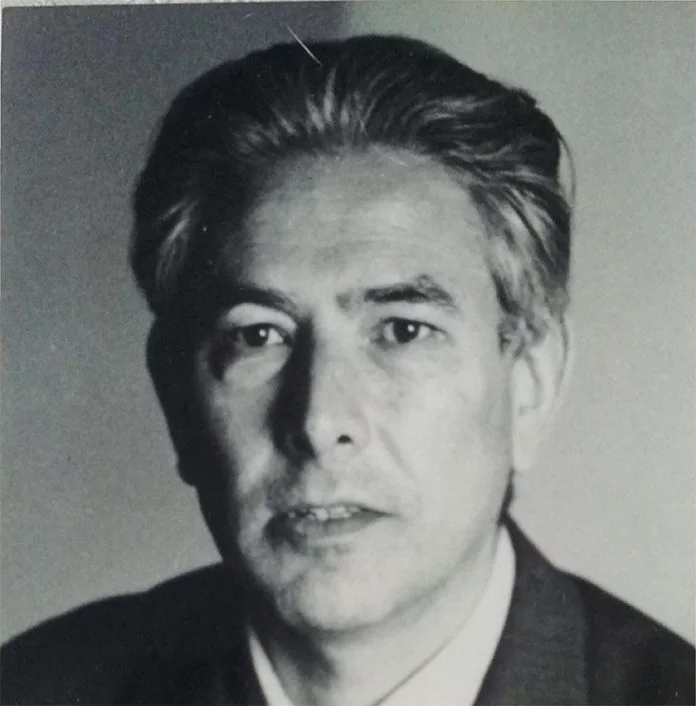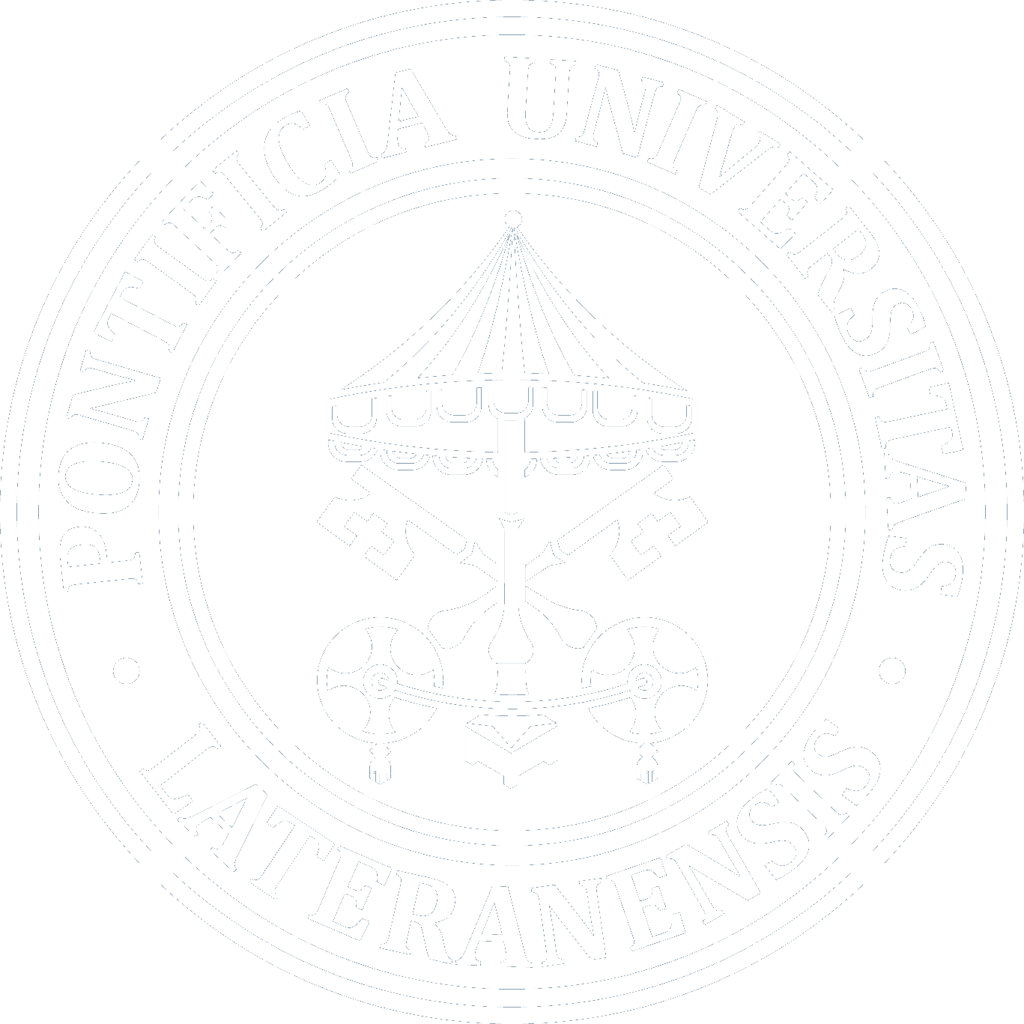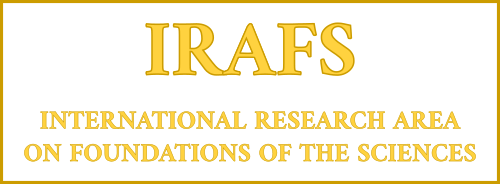Certainly the scientist, like any other man, can use his freedom in many ways, he can open his heart to hope or close it with skepticism […]
At the beginning and at the end we have the mystery. We could say that we have God’s plan. Mathematics brings us closer to this mystery, without penetrating it.
De Giorgi, 1992
Mission
IRAFS Aims: "From Foundations to Applications"
IRAFS was founded for promoting opportunities of discussion and in-depth research about the foundations of the different scientific and humanistic disciplines, by using the amazing opportunities offered by the axiomatic method. This method, during the XX century, was used overall for developing the mathematical logic. On the contrary, overall during the last thirty years, it was used also for developing the so-called philosophical logic, so to extend the advantages of the axiomatic method, from the mathematical and the natural sciences, to the humanistic disciplines.
This opened the way, not only to the next digital revolution of the semantic web, and of the artificial simulation of the human intentional behavior, destined to change deeply our society, our culture, and our economy – the so-called next “digital tsunami” -, but also to a new era for the interdisciplinary and the intercultural dialogue.
IRAFS, because of the foresight of prof. De Giorgi and of his friends, was since the beginning on the cutting edge of this revolution…
At the actual Third Edition of the IRAFS, twenty-five years after its foundation, we think not only at continuing along the direction of the first two previous editions, expressed in the Foundation Document, but also to integrate them along the lines, emerging as prevailing in the worldwide scientific and technological, but also philosophical research, during the last years.
Such lines move according to two further directions that are like as many branches of the original ones, always devoted to promote an ever more fruitful, effective and wider dialogue:
- A special attention for the practical consequences, directly depending on the foundational research, main object of the Area activities. These practical consequences, in the actual worldwide debate, are mainly related with:
- The ethical and legal issues depending, both on the ecological and the environmental applied research, and on the life and the health sciences and technologies.
- The multifarious issues (social, cultural, educational, economical…) related with the semantic web and the applied ontologies development – and more generally, with the theoretical and applied research in the artificial intelligence and robotics , aimed at simulating the human intentional behavior. This science and this technology, indeed, is destined to change deeply our lives, and our societies.
- A special attention for the dissemination of the contents of our research and applied work that, precisely for its theoretical and practical relevance, requires our maximum effort:
- For disseminating it in a proper way to a potentially unlimited audience the contents of the scientific research with its related anthropological and social implications, against an over-simplified and often misleading divulgation of such topics, often dominating on the web.
- For educating the young generations to be not only skilled users of such technologies – as generally they are -, but also aware and cognizant actors of the digital revolution we are living.
All these aims, both the old and the new ones, are synthesized in the Ethics and Program statements illustrating values and actions constituting the Mission of this Third Edition of the IRAFS activities.
History
IRAFS was founded in October of 1997, with a Decree of the former Rector, Bishop Angelo Scola and it is, therefore, the first and oldest Research Area at PUL.
IRAFS history can be divided into 3 periods, that, for the sake of simplicity, we denote respectively:
IRAFS I (see old site). From 1997 to 2003: Activity made up of research culminated into two International Congresses organized the PUL:
IRAFS II (see old site). From 2004 to 2013: Foundation, coordination (until 2007) and participation in the STOQ Project: Science, Theology and the Ontological Quest.
IRAFS III. Today. In addition to the continuation of the STOQ Project, IRAFS is continuing its activity of research and teaching, according to its new organization chart.
People
Director
Vice-Directors
Prof. Flavia Marcacci, PUL
Prof. Francesco Panizzoli, ISSR “Ecclesia Mater”
Secretary
Dr. Alfonso D’Amodio, PUL
Publication Secretary
Dr. Alfonso D’Amodio, PUL
Promoters
We offer here some brief biographical notes of the two main promoters of the Area, Prof. Ennio De Giorgi of the Scuola Normale Superiore di Pisa, who died in 1996, just one year before the foundation of IRAFS, and prof. Edward Nelson, Professor of the Dept. of Mathematics (Fine Hall) at University of Princeton, who died on September 2014, and was Scientific Advisor of IRAFS from 1997 to 2003 (see some works published during that period, available online both in his official website at Princeton and in the IRAFS I site).





